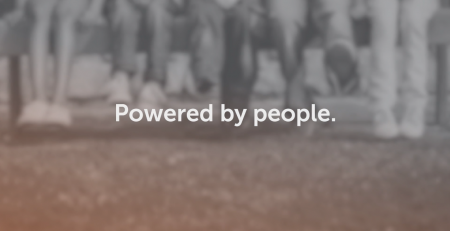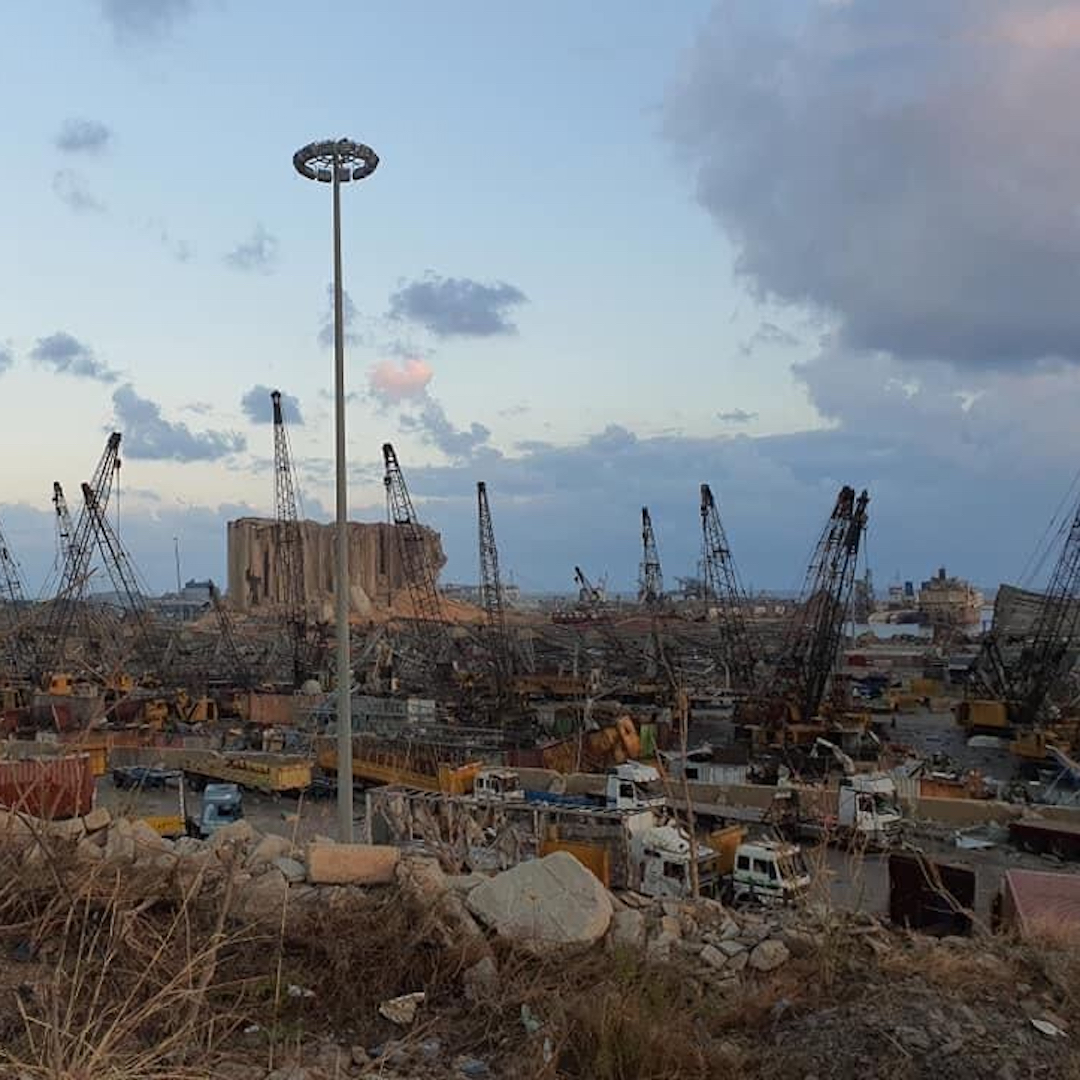Luke Skywalker, Frodo Baggins, and the Seven-Time Revelation of the Hidden Hero
By Ryan Hudnall
Consider these names: Luke Skywalker, Frodo Baggins, Harry Potter, Katniss Everdeen, Aladdin, Mowgli, Tarzan, Cinderella, Snow White, Bruce Wayne, and Clark Kent.
The common thread? All orphaned and abandoned children. All of them having suffered great loss.
Forget semantics here: Darth Vader was not an active father in Luke Skywalker’s life, and Katniss Everdeen’s mother was so debilitated by depression at the passing of her husband that she was unable to care for her children. At GO Project, we not only consider the definition of the orphan but the actual state of affairs in assessing those children who are truly at risk. A child with two parents dying from AIDs and unable to work is at greater risk than a child with loving grandparents, aunts and uncles, or tribal leaders.
It’s not a cinematic ploy. There’s a natural recognition of the challenges that the orphaned child has faced. A sympathy emerges: an inherent acknowledgement of the heartache that the child has endured. And, almost sub-consciously, a lingering desire for that person to find family – traditional or not.
So, as we’re watching these tales unfold, we instinctively celebrate two things. First, we celebrate the discovery and recognition of family. We cheer when Luke and Leia realize they are siblings, and we welcome an overwhelming sense of satisfaction at the reconciliation of Darth Vader and Luke. We recognize that Gandalf is more than a mentor but a father-figure to Frodo, and we grieve with Frodo at the apparent loss of Gandalf when he falls into the deep chasms in the mines of Moria. We’re grateful for the presence of Ron and Hermione in Harry’s life, for these two are the family that Harry had always longed for when he was stuck in that cupboard beneath the stairs. We honor Katniss Everdeen for risking her life on behalf of her sister, seeing that Katniss is desperate to defend the family that remains.
Yet, there is more to the story. We see a deeper character arc, an emergence and revelation of the heroes and heroines. We honor the characters for their triumph over adversity, for their willingness to sacrifice their lives for the ones they love. It’s almost instinctive. The orphaned boy from Tatooine, the orphaned hobbit, the orphaned child in the cupboard, the orphaned hungry girl from District 12: what represents truly humble beginnings is what is revealed to be of essential importance. In my own heart, the presence of humble beginnings makes me ponder another narrative: one not made of fiction but of an actual birth, an actual child, and an actual night in a manger in Bethlehem.
These heroes and heroines, though, could not and would not have emerged without the help of others. It’s a critical element to the story: the family and friends who aid the hero. Helping the person to see beyond circumstance. Challenging the person to reflect upon good and evil. Seeing in that person what that person could not recognize.
These stories aren’t limited to fiction. There are countless tales of lives stuck in a system that are desperate for voices of affirmation, value, and love. There are untold stories of heroes and heroines that are just waiting to happen. They need help, though. They need someone to recognize the value of their life, to consciously hold to the very idea that this child was made in the image of God and needs constant and loving declarations of their value.
Will you be that voice? Interested in learning about how you or your church can engage the foster care system? Contact us here for additional information.


